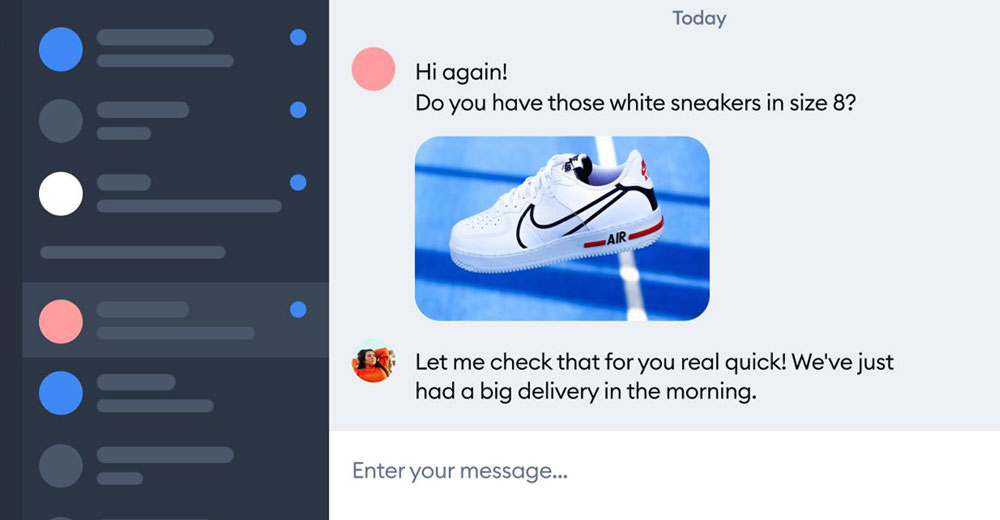A lawsuit against the administrators of more than 10,000 Facebook groups alleged to be part of a broker network for churning out fake product reviews was filed Tuesday by Amazon.
In its lawsuit, Amazon alleges the administrators have attempted to orchestrate the placement of bogus reviews on Amazon in exchange for money or free products. It added that the groups are set up to recruit people to write fake reviews at Amazon’s online stores in the United States, United Kingdom, Germany, France, Italy, Spain and Japan.
Amazon said in a statement posted online that it would be using information discovered through the lawsuit to identify bad actors and remove reviews commissioned by them from the retail website.
“Our teams stop millions of suspicious reviews before they’re ever seen by customers, and this lawsuit goes a step further to uncover perpetrators operating on social media,” Dharmesh Mehta, Amazon’s vice president of selling partner services, said in the statement. “Proactive legal action targeting bad actors is one of many ways we protect customers by holding bad actors accountable.”
Against Meta Policy
Meta, which owns Facebook, condemned the groups for setting up fake review mills on its infrastructure. “Groups that solicit or encourage fake reviews violate our policies and are removed,” Meta spokesperson Jen Ridings said in a statement provided to TechNewsWorld.
“We are working with Amazon on this matter and will continue to partner across the industry to address spam and fake reviews,” she added.
According to Meta, it has already removed a majority of the fraudulent groups cited in Amazon’s lawsuit and is actively investigating others for violating the company’s policy against fraud and deception.
It noted it has introduced a number of tools to remove violating content from its service, tools that use artificial intelligence, machine learning and computer vision to analyze specific examples of content that breaks the rules and identify patterns of misbehavior across the platform.
Is Facebook Doing Enough?
Rocio Concha, director of policy and advocacy for Which?, a consumer advocacy group in the U.K., praised Amazon’s action, but questioned whether Facebook was doing enough to prevent the abuse of its platform.
“It is positive that Amazon has taken legal action against some of the fake review brokers operating on Facebook, a problem Which?’s investigations have repeatedly exposed,” he said in a statement. “However, it raises big question marks about the proactive action Facebook is taking to crack down on fake review agents and protect consumers.”
“Facebook needs to explain why this activity appears to be rife, and the [U.K.] Competition and Markets Authority (CMA) must challenge the company to provide evidence to show that the action it is taking is effective,” he continued. “Otherwise, it should consider stronger action against the platform.”
“The government has announced that it plans to give the CMA stronger powers to protect consumers from an avalanche of fake reviews,” he added. “These digital markets, competition and consumer reforms must be made into law as a priority.”
In 2019 Which? issued a report estimating 250,000 hotel reviews on the Tripadvisor website were fake. Tripadvisor dismissed the analysis in that report as “simplistic,” but a year later in a “transparency” report of its own, the travel site found almost one million, or 3.6%, of the reviews on the site were fake.
No Time for Deep Dives
“Most consumers don’t have time to dig deep into the reviews,” observed Ross Rubin, the principal analyst with Reticle Research, a consumer technology advisory firm in New York City.
“They take the star rating as a way to instill trust in a product and if people are getting compensated for posting fake reviews, that undermines confidence in the review,” he told TechNewsWorld.
“Not only do fake reviews incentivize consumers to purchase an inferior product, they also make it more difficult to determine the differences among products,” he added.
“If you have an overwhelming number of products in a category with four-and-a-half- or five-star reviews because so many of them are participating in these fake review programs, then the value of the reviews themselves are diminished,” he explained.
He acknowledged that fake reviews were a problem everywhere on the internet. “But,” he continued, “because Amazon has such a strong position in online retail and is often the first website that consumers go to, it tends to be disproportionately targeted by these fake review groups.”
Review mills have also used bots to pad product reviews, but Rubin noted that technology lacks the effectiveness of using human beings. “The reason these groups use people instead of bots is that the bots are easier to detect,” he said. “Amazon uses machine learning technologies to identify when companies are using bots.”
‘Widespread’ Review Manipulation
In a report issued last year by Uberall, an online and offline customer experience platform, review manipulation on Amazon was termed “widespread.”
Amazon claims only 1% of the reviews on the site are fake, but the report disputed that. It cited a 2018 analysis by Fakespot that found fakes outnumbered true reviews in some product categories such as nutritional supplements (64%), beauty (63%), electronics (61%), and athletic sneakers (59%).
“Even if we discount these numbers by 50%, there would still be a chasm between what Amazon says and what Fakespot reported,” the Uberall report noted.
What can be done to tamp down fake reviews?
Uberall reported that Amazon and a few others use “verified purchaser” labels to signal higher confidence in reviews. “This is an approach that needs to be more widely utilized,” it noted, “though it’s not foolproof, as Amazon has discovered.”
“Regardless of the specific anti-fraud mechanisms,” it continued, “fake reviews are a problem that needs to be more systematically and vigorously addressed.”
Among the paths forward identified in the report for finding a solution to the problem are using more technical sophistication and aggressive enforcement to bring review fraud down to low single digits, embracing a review framework that is structurally harder to cheat and allowing only actual verified buyers to write reviews.
“These are not mutually exclusive approaches,” it explained. “They can and should be used in combination with one another.”
“There’s an enormous amount at stake for businesses of all sizes with online reviews,” the report maintained. “More and better reviews translate directly into online visibility, brand equity and revenue. This creates powerful incentives for businesses to pursue positive reviews and suppress or remove negative reviews.”

























































